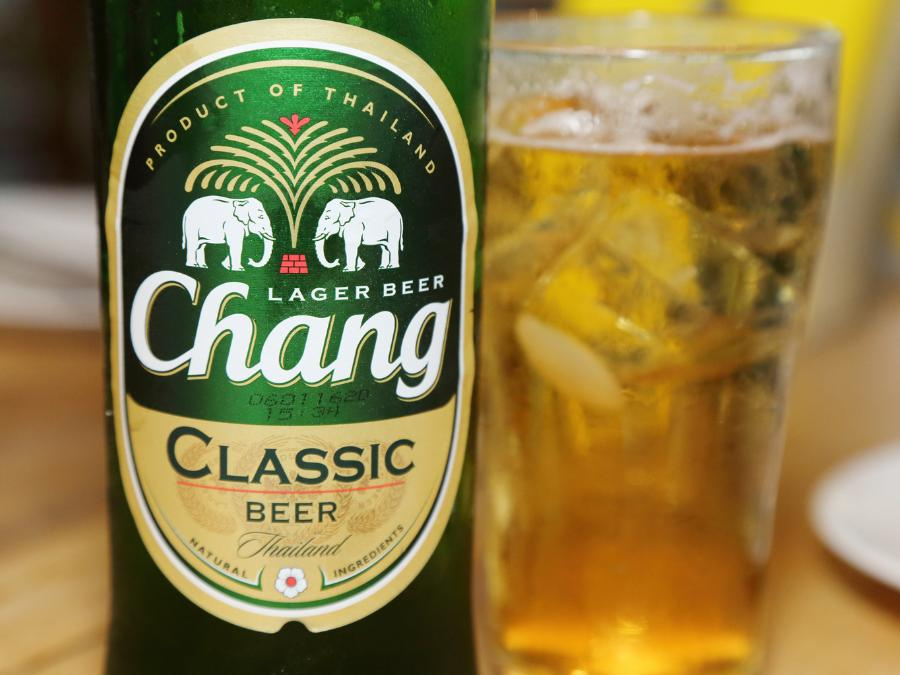
ThaiBev expects beer consumption to remain weak after seeing the company’s moves to up prices hit volumes in recent months.
The Chang brand owner reported annual results for the year to the end of September that included higher sales revenue but lower beer and spirits volumes. However, sales volumes of non-alcoholic beverages were up.
ThaiBev has seen its price hikes in Thailand and Vietnam dampen demand for its products.
Speaking to investors yesterday (23 November), Lester Tan Teck Chuan, general director of ThaiBev subsidiary Saigon Beer, said the “consensus” is beer consumption will remain weak in Thailand and Vietnam for the next six months.
“At the moment now, the current set of increases is still taking a while to digest simply because the market is on a downtrend and the macroeconomic picture is not looking so healthy,” Tan Teck Chuan said. “Given these sorts of conditions, we are looking to grow market share as opposed to volume and we’re looking to grow profitability.”
ThaiBev has warned shareholders that the Vietnamese festival of Tet – occurring in February – will be “muted” this year. Commenting on feedback from sales staff on the ground, Tan Teck Chuan said “this year’s Tet pushout hasn’t been as heavy as last year”.
In the coming year Tan Teck Chuan will be introducing a model at Sabeco – a majority-owned ThaiBev Vietnam subsidiary – he used when working in the Thai market. The initiative helps monitor marketing costs and ROI. The subsidiary is looking to control costs in Vietnam as it strives for “best volumes at the lowest cost”.
ThaiBev CEO Thapana Sirivadhanabhakdi added: “Despite the lower consumer demand that we are facing, it’s become extremely competitive…so, spending in A&P is a must. We need to spend to defend our leadership position, so that is the reason why we focus on A&P efficiency spend.”
The group has raised its beer prices in Thailand twice in the last year. The Thai government is potentially changing the excise tax on alcohol in the coming year and, if the reforms are enacted, the company will increase prices again but management noted competitors will do the same.
For the year ending 30 September, ThaiBev reported revenues of Bt279.08bn ($7.8bn), up 2%. However, profit for the year was down 11% to Bt30.72bn. Operating profit fell by 9% to Bt29.43bn.
ThaiBev’s beer volumes for the year were down 6.6% to 2,240 million litres. Spirit volumes also fell to 643 million litres, down 2.1% year-on-year. The company’s non-alcoholic beverages volumes were up in total by 7.1% to 1,731 million litres. Within that category, its ready-to-drink tea and Jubjai brands saw a 10.6% increase in volumes to 331 million litres.
Looking forward, in Thailand, company vice president VP Ueychai Tantha-Obhas said it hopes “tourism will come back” after a year of lower-than-expected visitors from China. In recent weeks, the Thai government has introduced a policy of free visas for tourists from China and India.



